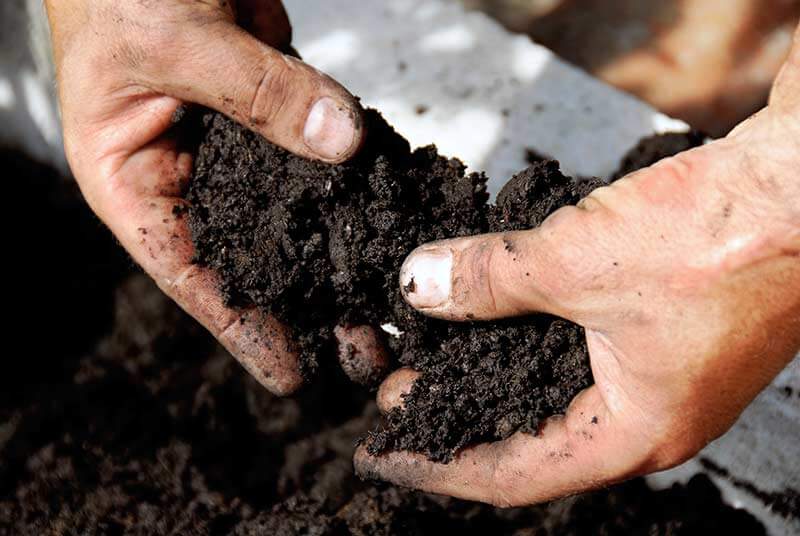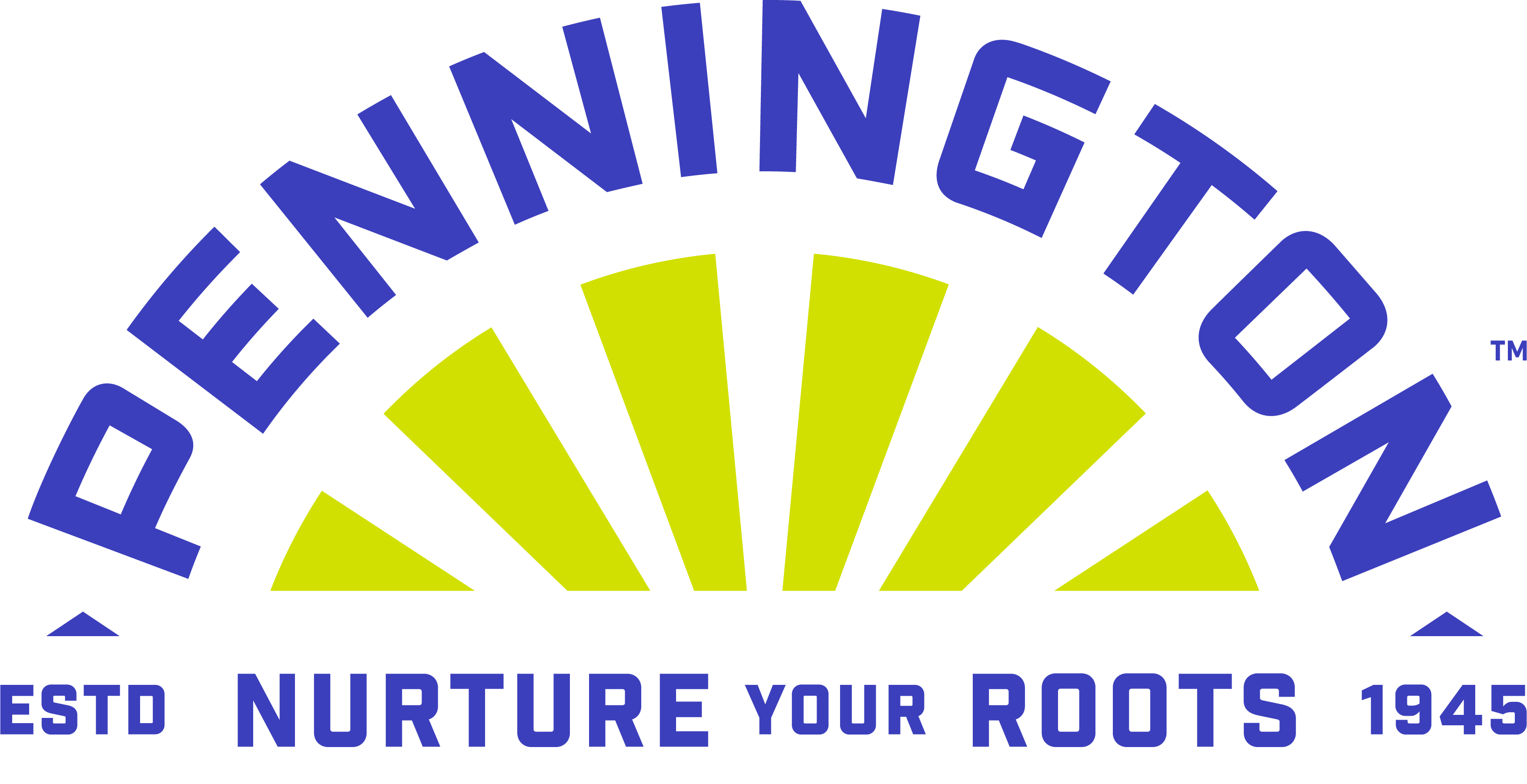Why and How to Use Soil Amendments
If you've ever cared for a lawn or garden, chances are you've used a soil amendment, such as lime or compost. Soil amendments are often confused with fertilizers, but they play a different and important role. By understanding what soil amendments offer, you can make the most of your lawn and garden.
How Soil Amendments Work
Amendments are added to soil to change and improve it. Unlike fertilizers, which add nutrients to soil, amendments modify the condition of the soil itself. The condition of the soil and specifically its suitability for supporting plant roots is what soil experts call “tilth." When tilth is right, plants experience healthy growth.
Used properly, amendments alter soil so growing becomes simpler. For example, roots penetrate surrounding soil more easily and water infiltration improves. Soil amendments also change soil in ways that affect the availability of plant nutrients that occur naturally or that are added by fertilizers.
In new lawns and gardens under regular cultivation, soil amendments are mixed down into the soil, often well before planting time. In established lawns and ornamental plantings, soil amendments are applied to the surface and watered in, so grasses and other plants aren't disturbed. Unlike mulches, which are placed on top of soil and meant to stay there, amendments are meant to get down into the soil and get to work.
Fertilizers impact plant growth directly, while soil amendments affect growth indirectly and sometimes deliver nutrients as a bonus. Soil amendments aren't fertilizer substitutes. Instead, they help fertilizers do the job they're intended to do by getting tilth and other factors in order.

Common Types of Soil Amendments
Many types of soil amendments exist, each with a different role. Some of the most common types include:
- Organic matter: Substances such as finished compost, well-rotted leaves and other natural materials, worked down into soil, improve the way soil particles fit together and the way air and water move through them. Organic matter improves the soil's capacity for holding water and nutrients, and increases the activity of beneficial microorganisms. Earthworm castings amends soil with organic matter* and benefits your plants in many other ways.
- Lime: When lime is used to restore balance to soil pH, lawn grasses and other plants benefit. A source of calcium, lime works to raise soil pH. This is especially important when overly acidic soil (with pH lower than 6.0) interferes with your lawn's ability to absorb nutrients, including those from fertilizers. Pennington Fast Acting Lime starts working as soon as it's watered in, and raises soil pH quicker than regular lime.
- Elemental sulfur: When soil pH becomes too alkaline (with pH over 7.5 to 8.0) or when you want to grow your own blueberries or other plants that need low soil pH -such as Azaleas, Camellias, Hydrangeas and Rhododendron, elemental sulfur is often recommended. Mixed into garden soil or applied in a granular form and watered in, sulfur lowers soil pH slowly over time.
- Ammonium sulfate: As the numbers on the label show, ammonium sulfate is a fast-acting, high-nitrogen, 21-0-0 fertilizer. It also contains sulfur. Lilly Miller Ammonium Sulfate 21-0-0 pairs 21 percent nitrogen with 24 percent sulfur to feed lawns, gardens, shrubs and trees while lowering soil pH more quickly than elemental sulfur. It also keep acid-loving plants, such as azaleas, healthy and happy.
- Gypsum: When soil pH is right, but other factors are off, gypsum can help. Gypsum modifies soil without any significant change to soil pH as it increases water penetration, loosens compacted clay soils and promotes easier root penetration. Pennington Fast Acting Gypsum works quickly to improve soil structure, maintain soil pH and add calcium to soil. It's a great for vegetable gardens with plants that have higher calcium needs, such as tomatoes.
Why Soil pH Matters
Plants rely on 17 nutrients for healthy, normal growth, and they depend on soil for most of them. These nutrients aren't optional; they're known as “essential nutrients" because plants cannot survive without them. Soil pH plays a vital role in determining whether your lawn grasses, ornamentals and edibles get the nutrients they need. This applies to existing soil nutrients and those that fertilizers add.
Most plants do best when soil pH is in the slightly acidic, near-neutral range of 6.0 to 7.0 pH. In high-alkaline soils, major nutrients become “tied up" so that plants can't absorb them. The same thing happens in overly acidic soil. Lawn grasses and other plants become pale, lose their vigor and can't tolerate stresses such as heat and drought. In low-pH lawns, less desirable plants, such as lawn moss, move in where grasses fail and bare lawn spots arise.

How Soil Testing Helps
Your soil's pH is constantly changing. Good lawn maintenance practices, including regular irrigation and application of high-nitrogen fertilizers, naturally lower soil pH over time. Soil testing through accurate soil samples reveals your soil's pH, texture and other qualities. Test results also provide recommendations on the types and amounts of soil amendments your yard and garden need. Sandy soils, for example, take much smaller quantities of amendments than clay soils do, when it comes to changing soil pH.
Soil amendments are meant to improve your soil, but unnecessary amendments can backfire and cause more problems than they solve. Lowering soil pH too much can create toxic conditions. Raising soil pH too high sets off a chain of nutrient imbalance. Even organic matter can cause problems if used too much.
Make the most of soil amendments by testing your soil and following test recommendations. Apply the right soil amendments, in the right quantities, and get the results you desire. Whether for your lawn, vegetable garden or favorite ornamentals, premium soil amendments from the Pennington line of soil improvement products help give your lawn and garden every advantage.
*Not for use in organic crop and organic food production.
Pennington is a registered trademark of Pennington Seed, Inc. Lilly Miller is a registered trademark of Central Garden & Pet Company. Fast Acting is a trademark of Encap, LLC.





